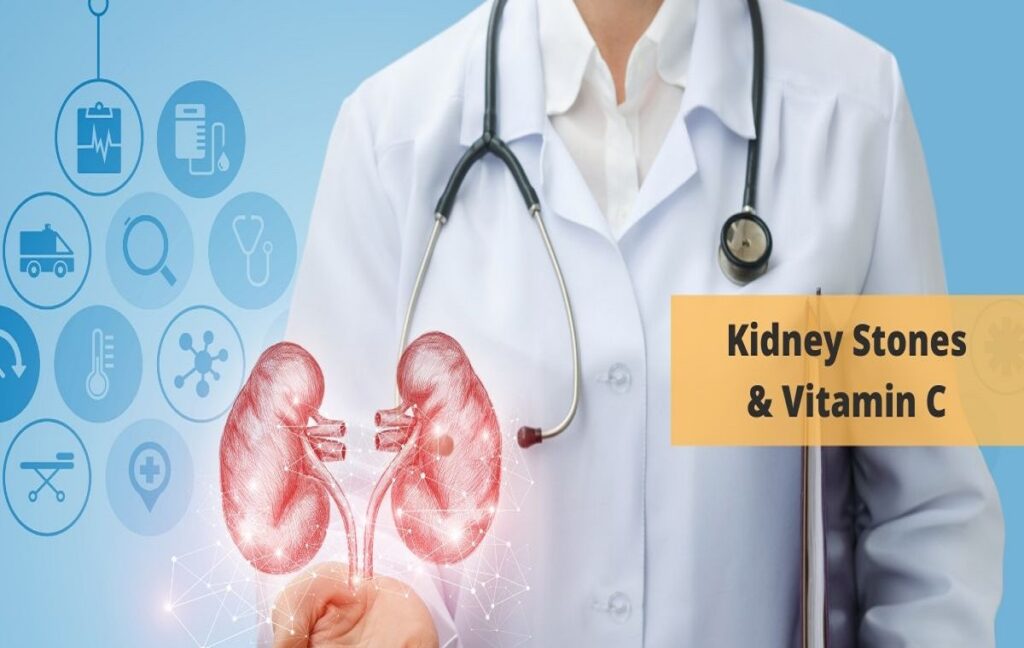The Link Between Vitamin C and Kidney Stones: The Ultimate Guide

You may have heard that Vitamin C can help prevent colds, but did you know that it can also help prevent kidney stones? Kidney stones are a common problem, affecting about 1 in every 11 people in the United States. They occur when certain substances build up in the urine and form crystals. These crystals can then become stones. Let us check out the connection between vitamin c and kidney stones.
The popular myths:
Vitamin C is thought to reduce the risk of kidney stones by helping the body absorb more calcium. Calcium is a key component of these stones. By helping the body absorb calcium, Vitamin C may help prevent stones from forming.
Numerous foods contain vitamin C in the correct amount. Vitamin C is also available as a supplement. It’s important to talk to your doctor before taking any supplements, as too much Vitamin C can cause problems such as diarrhea and nausea.
The Link Between These two:
- There are many reasons why people develop stones. Some people are more likely to develop them than others. Hereditary factors play a role, as well as diet and lifestyle choices. For example, eating a diet high in animal protein, salt, or sugar can increase your risk of developing kidney stones. Being obese or dehydrated can also increase your risk.
- Vitamin C is thought to reduce the risk of stones by helping the body absorb more calcium. Calcium is a key component of stones. By helping the body absorb calcium, Vitamin C may help prevent kidney stones from forming.
- Vitamin C is found in many foods, including oranges, grapefruits, tomatoes, broccoli, and spinach. You can also get Vitamin C from supplements. It’s important to talk to your doctor before taking any supplements, as too much Vitamin C can cause problems such as diarrhea and nausea.
Conclusion:
If you’re concerned about your risk of developing stones, talk to your doctor about whether adding more Vitamin C to your diet makes sense for you. While there’s no guarantee that it will prevent stones from forming, it may help lower your risk. Foods rich in vitamin c like oranges, grapefruits, tomatoes, broccoli, and spinach should be included in our daily intake.
Meanwhile, we should also avoid foods that might trigger the formation of stones, such as those high in animal protein, salt, or sugar. Aside from that, we should also drink a lot of water every day so that we would not get dehydrated, which could also be one of the main factors for developing stones.







